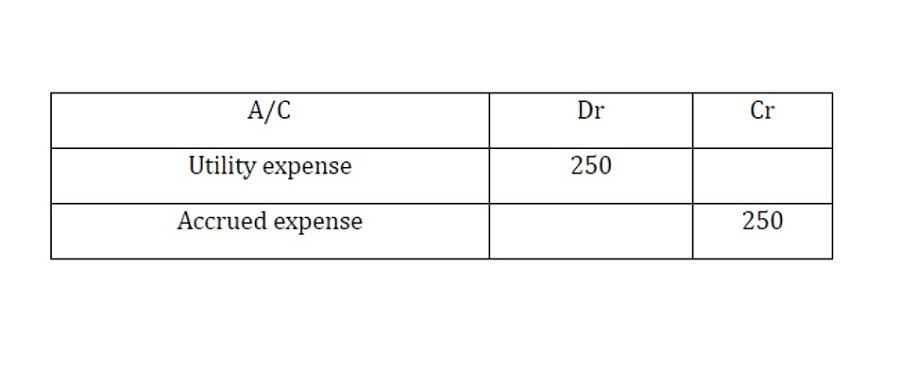


Despite a growing sense of doom and gloom in the field, Okta CEO Todd McKinnon isn’t buying the idea that software engineers are on their way out. But certainly, the access to talent would be unconstrained if recruiters offered flexible work, he said. A significant gap exists between employee expectations and employer practices regarding work flexibility, with recruiters feeling the pain when they can’t offer hybrid or remote work options. Business executives are nervous about the economy right now, agreed Tim Sackett, SHRM-SCP, industry veteran and author of The Talent Fix Volume 2 (SHRM, 2024). Some companies over-hired in recent years and are thinking instead of cutting the fat and tightening up hiring,” he said. Risk management is an integral aspect of fiscal strategy that bookkeepers must prioritize.
One significant advantage is the accessibility and flexibility offered by these solutions, allowing users to access their financial data anytime and anywhere. As automation takes over repetitive and routine tasks, bookkeepers must develop new skills to remain relevant. There is an increasing demand for analytical thinking, problem-solving, and data interpretation skills. are bookkeepers in demand Bookkeepers must become proficient in using advanced software and AI-powered tools to analyze financial data, generate insights, and provide strategic recommendations. Moreover, AI plays a crucial role in data analysis by identifying patterns, trends, and anomalies within financial data.


This necessitates implementing robust cybersecurity measures, adhering to best practices for data protection, and staying vigilant against evolving threats. With the rise in cyber threats and concerns over data breaches, regulations are being implemented to safeguard sensitive financial information. Bookkeepers must follow protocols to protect client data, including encryption, secure storage, access controls, and data breach response plans. This can include using energy-saving devices, optimizing computer settings, and income statement implementing power management strategies to reduce energy consumption. Efficient use of technology, such as turning off equipment when not in use, contributes to lower energy costs and a smaller carbon footprint. Integration with payment processing systems simplifies the recording and reconciliation of payment transactions.
Your credentials show prospective employers that you’re a qualified bookkeeper and you’re willing and able to grow professionally. As a result, certification can lead to advancement opportunities in other areas of accounting, as well as finance and management positions. Goal-setting sessions may cover timeline expectations, project deadlines, and key performance indicators (KPIs). Involving team leaders in this process can provide valuable insights into priorities and areas for professional growth.


AI algorithms can interpret and categorize data, ensuring accurate and consistent classification of transactions. Furthermore, automation in bookkeeping enables real-time visibility into financial data. With automated systems, financial information is updated and available in real-time, providing businesses with timely insights into their financial health. Negotiating bookkeeping rates can be a nuanced process, requiring a clear understanding of both the market and the specific needs of the business. One effective strategy is to conduct thorough research on prevailing rates within the industry and region. This information provides a solid foundation for discussions and helps set realistic expectations.

This can be particularly advantageous for smaller companies or startups with fluctuating workloads. For instance, during tax season Interior Design Bookkeeping or financial audits, the demand for bookkeeping services may spike, making hourly rates more cost-effective. However, this model can also lead to unpredictability in budgeting, as the total cost can vary significantly from month to month.